Pretty as a Picture
 Anyone or anything pretty as a picture is very pretty.
Anyone or anything pretty as a picture is very pretty.
It may be described as:
- Beautiful
- Attractive
- Appealing
People feel drawn to it. Its beauty pleases the eye. It stands out.
Not everyone agrees on what or who is pretty as a picture.
In nature, some people feel drawn to the:
- Ocean
- Mountains
- Plains
- Desert
- Home – their own garden spot of the world
Others like it all.
The same holds true with people. Who attracts one person may not attract another. Those differences make life more interesting and the world more beautiful.
Many people find beauty wherever they look.
As a Ray Stevens song tells us, “Everything is Beautiful.” Only when people misuse God’s creation does it become ugly.
Look around. Enjoy the beauty. Live a beautiful life. Remember pretty is as pretty does.
“He has made everything beautiful in its time” (Ecclesiastes 3:11 NIV).
Thanks to Bob Emerson for the suggestion.
Do you have an expression you want explained or a thought about this one? If so, please comment below.
Subscribe to receive my weekly posts by email and receive a free copy of “Words of Hope for Days that Hurt.”
If you enjoyed this post, please share it with your friends.
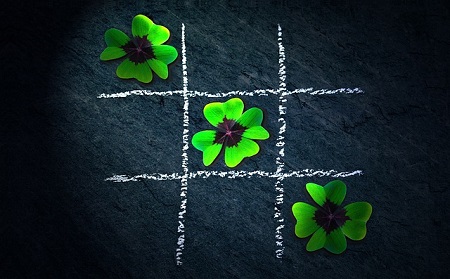 I have heard third time’s a charm all my life. Like many older expressions, I could not find its origin.
I have heard third time’s a charm all my life. Like many older expressions, I could not find its origin. Above all, I depend on guidance from my never-failing God.
Above all, I depend on guidance from my never-failing God. No holds barred means no rules.
No holds barred means no rules.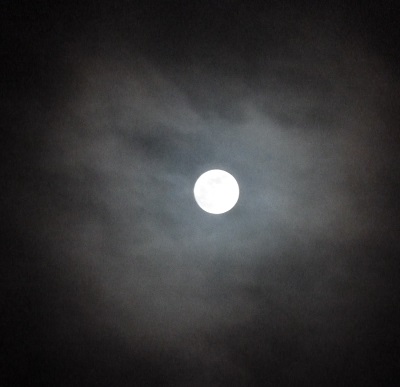 Teetotal means total or complete.
Teetotal means total or complete. 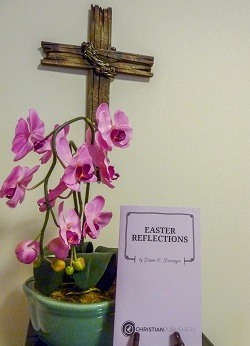 Congratulations to Harriet Michael, whose name was randomly drawn from my blog subscribers for a free copy of “Easter Reflections.”
Congratulations to Harriet Michael, whose name was randomly drawn from my blog subscribers for a free copy of “Easter Reflections.” 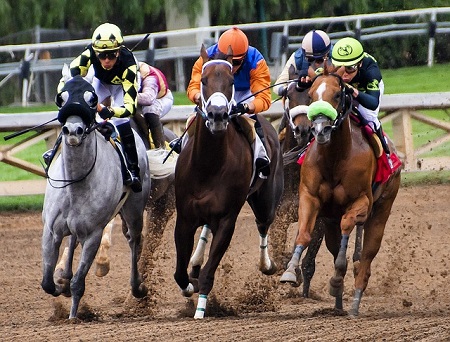 Down to the wire means the last instant.
Down to the wire means the last instant. Sharp as a razor means very sharp.
Sharp as a razor means very sharp. We do well if we think before we speak.
We do well if we think before we speak. 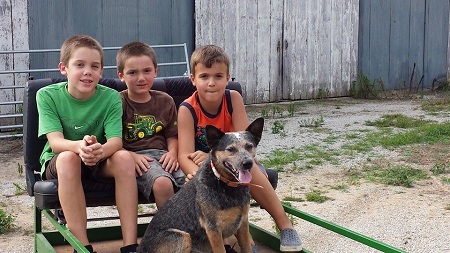 A whippersnapper usually means a young or small person.
A whippersnapper usually means a young or small person. 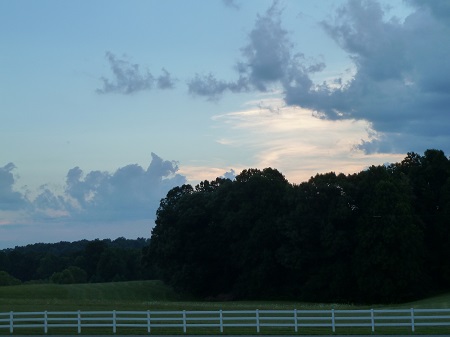 At the end of the day means our final conclusion.
At the end of the day means our final conclusion.